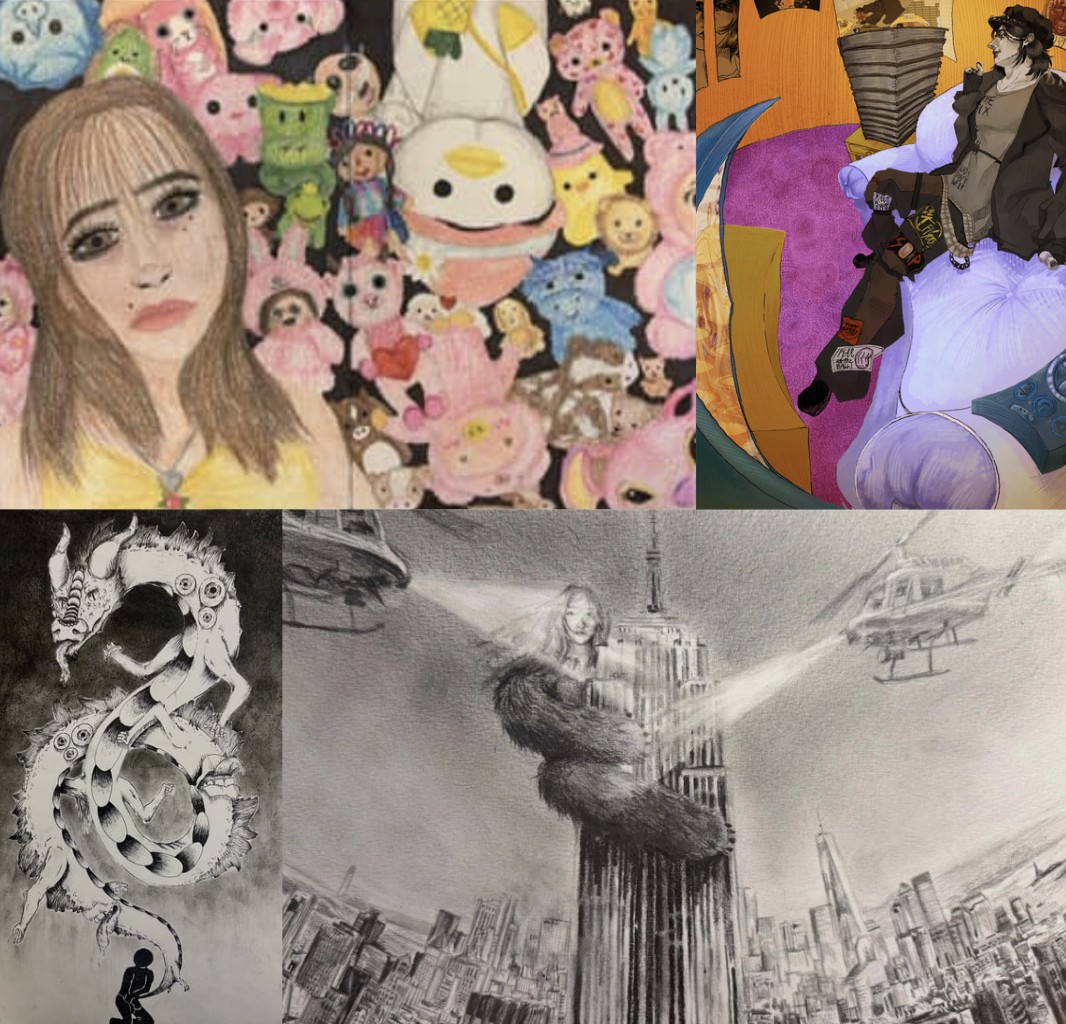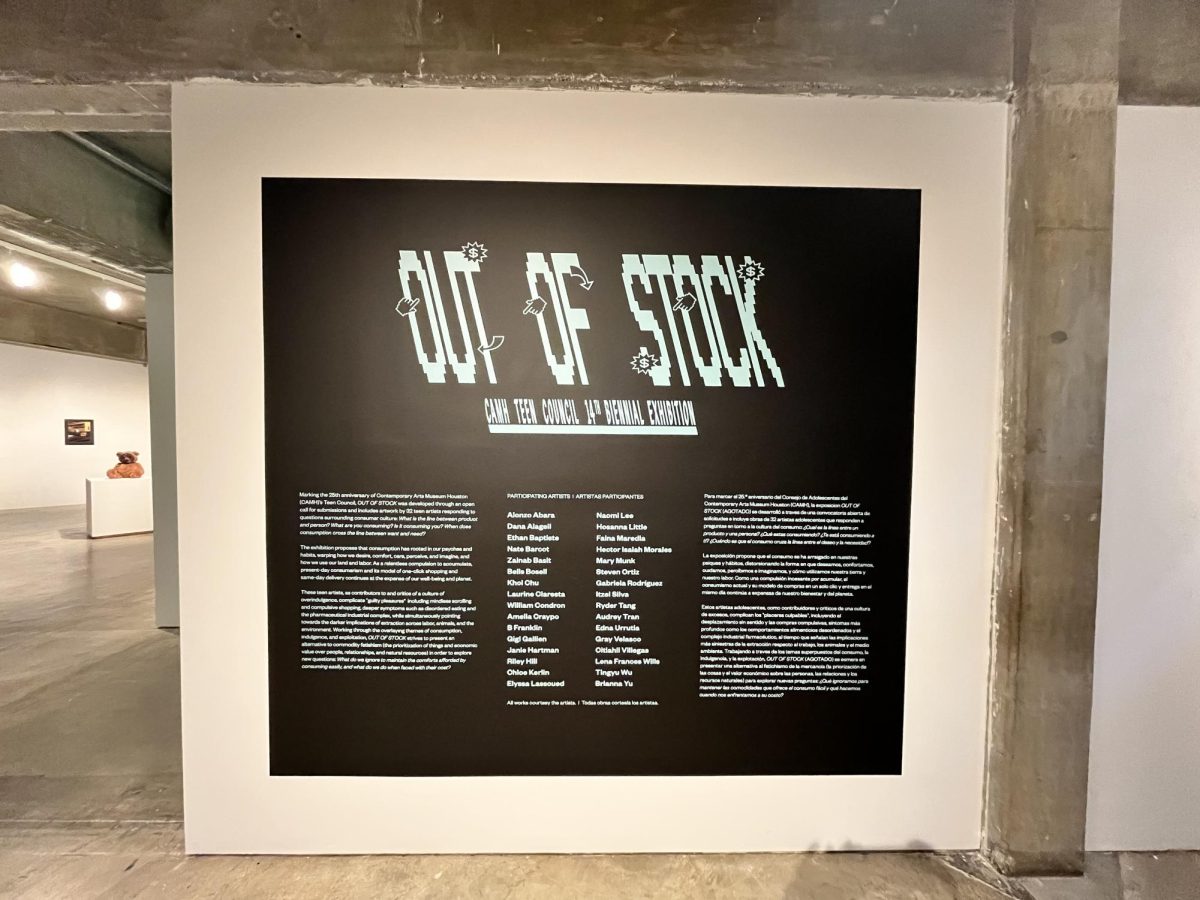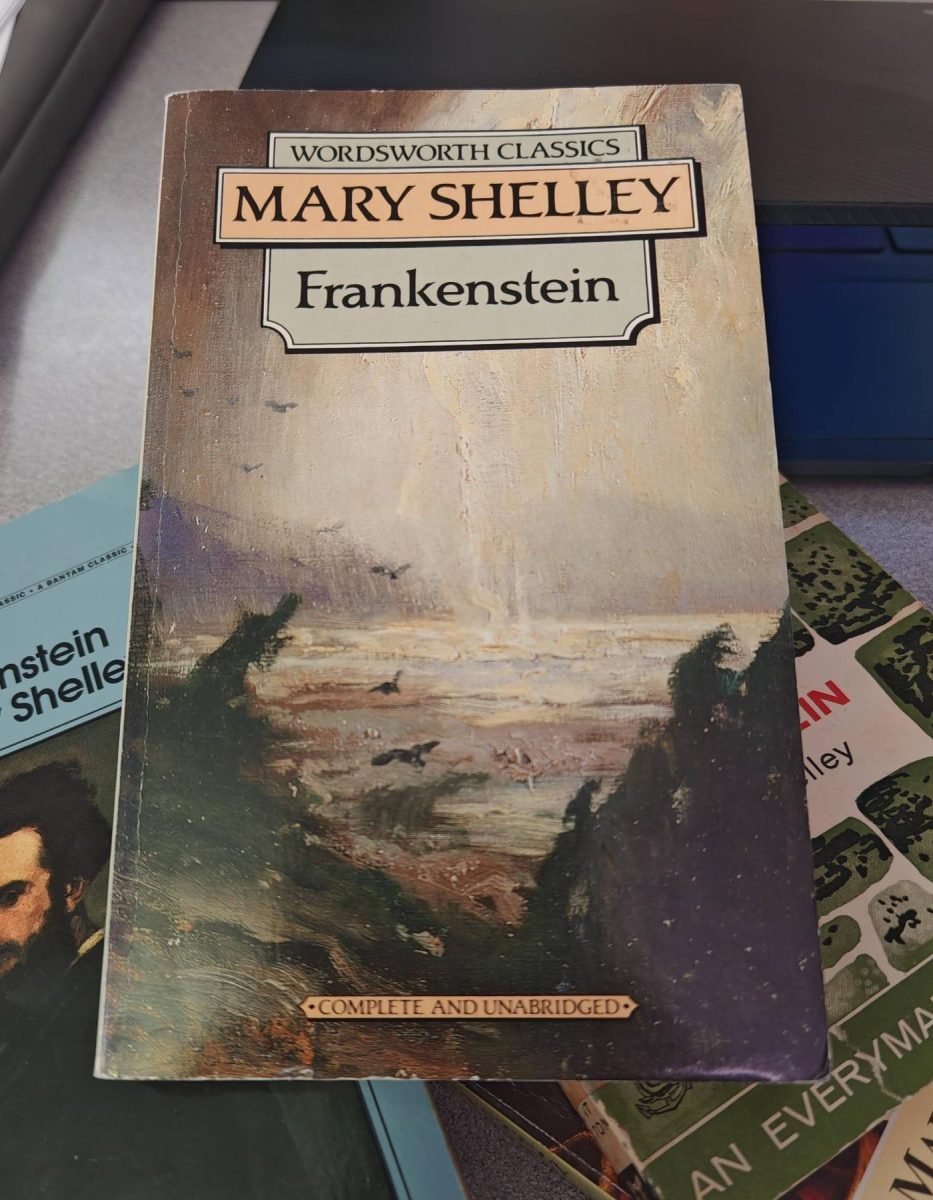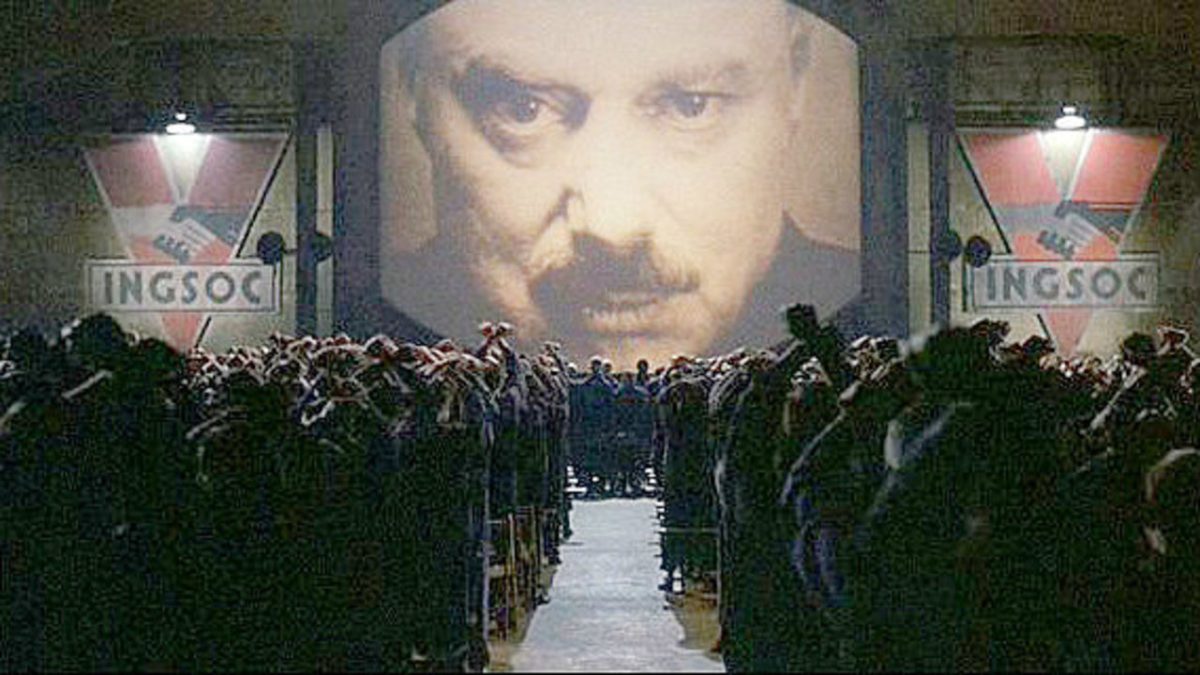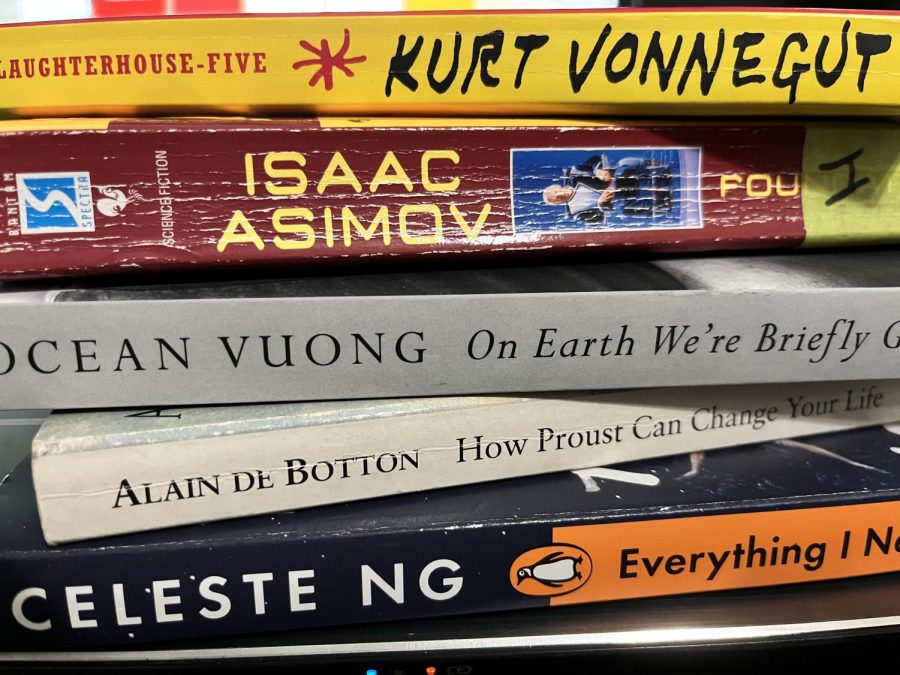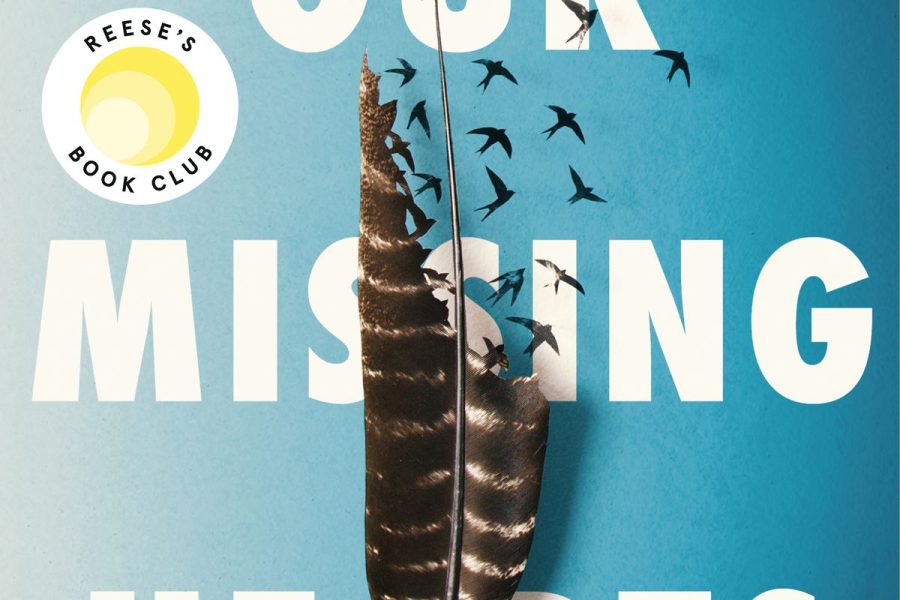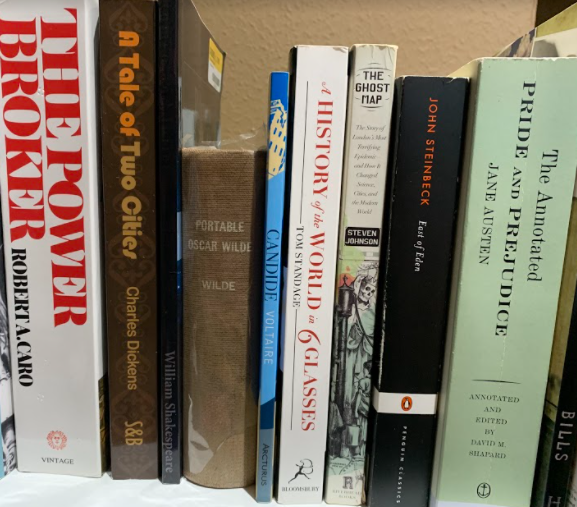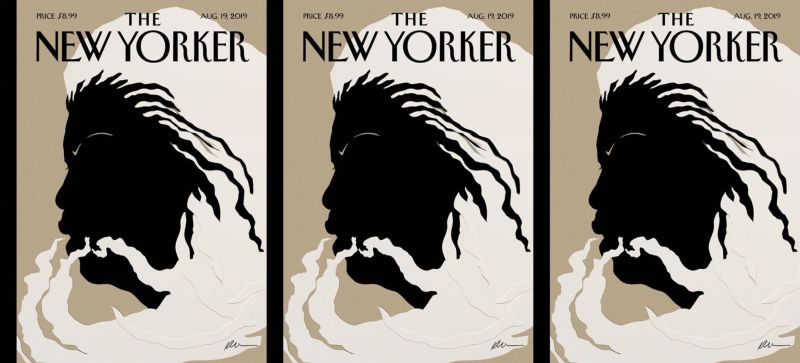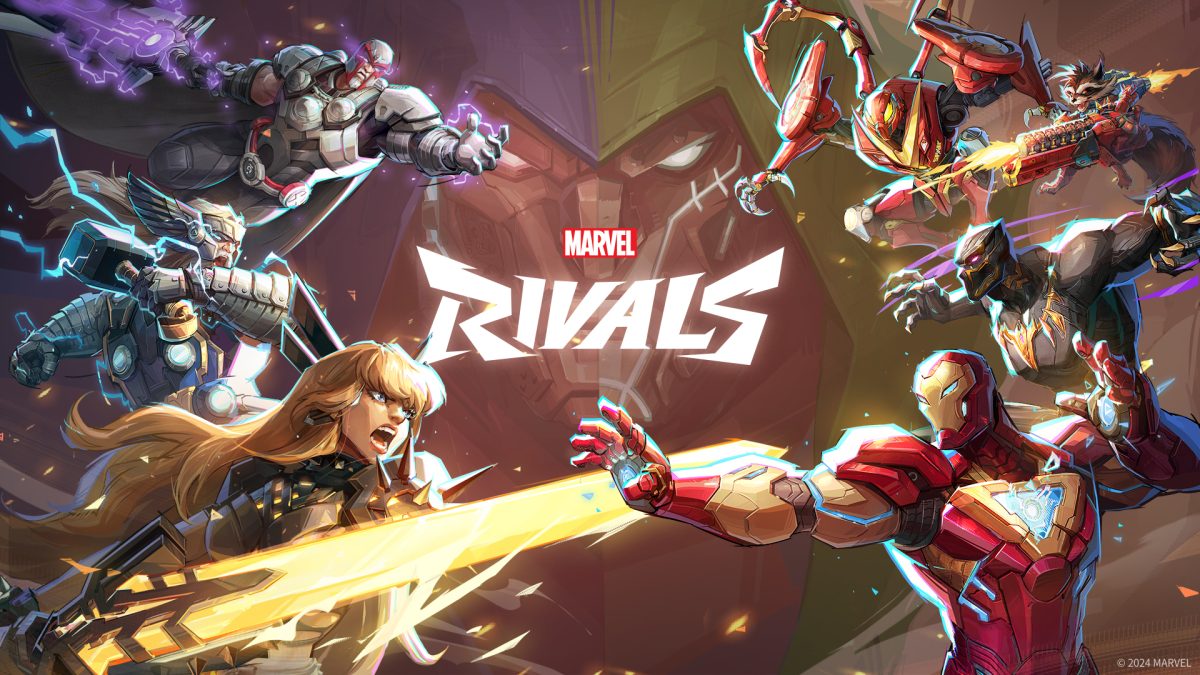WARNING!!! SPOILERS!!!
Step into a world where innocence collides with chaos, and a boy’s extraordinary journey unfolds like a mesmerizing tapestry. “Boy Swallows Universe” is a plunge into the magical and gritty coming-of-age of Eli Bell, the son of a heroin addict, stepson of a heroin dealer and brother of a mute “fortune-teller.”
Based on the novel by the same name, the “Boy Swallows Universe” Netflix series is a combination of fact and fiction, telling the story of author Trent Dalton’s youth. Eli Bell (played by Felix Cameron) is the self-insert representation of Dalton. In the story, as mentioned, Eli has an intense life of living with addicts and dealers which paralleled Dalton’s childhood as both his parents were dealers and did time in jail. Dalton was also the youngest of four as Eli was the youngest of two. Eli has an older brother named Gus who seemingly could tell the future through quick flashes of images that would piece together to tell the future. The brother’s relationship in the story could mirror Dalton and his brothers growing up together in the same neighborhoods and locations that were also shown in the story.
The story follows Eli Bell from when he was 13 and then 18 in a time jump. As the story progresses, it shows how the life around him kept hitting him like a pinata but he still kept going for his family. His stepdad Lyle was taken away and went missing for being a dealer by Ivan Kroll who was seen to be a hitman for Tytus Broz, the city’s philanthropist and owner of a prosthetics company. Eli dreams of being a journalist for The Courier-Mail, his town’s newspaper, so he teams up with Caitlyn Spies, a crime reporter and his love interest, to find out what happened to Lyle and who Tytus Broz really is.
Adapted for the stage by playwright Tim McGarry, “Boy Swallows Universe” is a script that our very own Carnegie Theatre considered performing at the start of the 2024 spring semester. Our theatre company quickly fell in love with the script and its elements of fantasy, sentimentalism and nostalgia. As we watched the Netflix series, we kept an eye out for how the on-screen and on-stage versions compared to each other.
In the Netflix adaptation, the thought put into the characters becomes evident from the very first episode. With its extended runtime, this version can dive deeper into the characters, transforming them from relatively minor roles in the play into fully fleshed-out, three-dimensional personalities. This is notably seen in the characters of Frankie and Alex Bermuda, who undergo significant development and complexity on the screen that is far more limited in the play. The ability of the series to explore characters more extensively allows for a richer narrative.

Another interesting comparison between the play and screen adaptation lies in the series’ depiction of addiction and its impact on childhood. The script for the “Boy Swallows Universe” play hones the dream-like elements far more than the show. While the play emphasizes the fantasy of childhood nostalgia — and how trauma forces us to remember traumatic events — the show focuses on the ugly reality of the trauma Eli experiences. The Netflix series shifts the focus from fantasy to the grim consequences of addiction in childhood, confronting the audience with the stark truth of Eli’s struggles.
When we pitched the script to other company members, we always tried to summarize it in as few words as possible. “Young boy is surrounded by horrible people who won’t change but he is still positive about life.” After seeing the show, we take that back. Every character did something bad but still had a “Welllllllll, it’s kind of justified but not really,” moment. Lyle sold drugs but his reasoning was always to support Frankie and her kids. Tytus was a kingpin and murderer, but he did it to get money to help his daughter who was raised without arms. Gus took Eli’s savings of $50k, but he did it to donate to the disabled community. Don’t get us wrong, everyone had some MESSED up moments, but we saw it as humans trying to survive. Ivan Kroll was just plain evil though, he murdered people and didn’t even have a reason other than greed.
It is easy to notice that, compared to the play adaptation, the series is much more invested in the family drama aspect of this story over its crime storyline. As the show humanizes the characters more, it also develops their familial traumas. There were multiple times throughout this series that we forgot about the heroin-crime narrative. With the deeper focus on the traumas within the Bell family, we felt a stronger connection to the characters of Trent Dalton’s tale. Reading the script told us the story and let our imaginations and creativity as art students roam free whereas the show brought us into the reality of how humans are and that everyone and everything is more than just a story that has already been written.



